This essay is based upon remarks made at a recent Brookings conference on “Democracy and policy: Reimagining a global democratic future.”
This article is part of the “Monitoring the pillars of democracy” series. It focuses on the seven pillars essential to defending democracy, as outlined in the Brookings Democracy Playbook 2025 published by the Anti-Corruption, Democracy, and Security (ACDS) project. The series includes research and commentary on actionable steps democracy actors can take to strengthen democratic institutions and protect freedoms in the U.S. and abroad.
Global democracy is under stress in ways that we have not seen in decades. However, an advantage of democracies is that citizens have the right to call into question leaders and the system itself—and have the courage and agency to defend and regenerate democracy.
Modern democracy, despite its flaws and inevitable ups and downs, is seen favorably by many across the world. In this essay, we highlight recent efforts globally—including significant pro-democracy movements in Brazil, Georgia, Moldova, Nepal, and South Korea—that provide a measure of optimism regarding democratic resilience.
For democracy to survive and thrive around the world, pro-democracy actors will need to revamp strategies and tactics, be courageous, and be on the offense to strengthen democratic resilience and reverse backsliding. It will also require a changed mindset to address discontent with democracy within societies.
We are constantly seeing examples of these kinds of approaches leading to democratic advancements. For example, in Nepal, recent Gen Z-led protests against endemic corruption, crackdowns on free speech, and inequality helped lead to government change and new elections. In the Moldovan election on Sept. 28, a pro-democracy party, the Action and Solidarity Party (PAS), won a parliamentary majority in the face of significant Russian election interference. In Georgia, months-long citizen and civil society protests against the Georgian Dream government’s rolling back of democratic reforms, as well as the October 2024 election irregularities, continue to take place daily despite serious risks.
Once citizens taste freedom and democracy, they do not so easily abandon them or voluntarily give them up.
We see acts of resistance against repression or backsliding around the world, as witnessed in South Korea in 2024 when members of the National Assembly, citizens, and journalists stood up to President Yoon Suk Yeol’s declaration of martial law. In Brazil, the courts upheld the rule of law through sentencing former President Jair Bolsonaro to over 27 years in prison after being found guilty of plotting a coup to stay in office.
A malfunctioning democracy does not necessarily mean it is doomed to autocracy, especially if pro-democracy actors act quickly to reverse course. According to a recent study, researchers found that from 1993 to 2023 more than half of democratic countries that went down the path of autocratization made U-Turns returning to a “more or less similar level of democratic quality of [their] political institutions.”
We remain optimistic about the democratic project because we have the benefit of studying history to know what has worked to counter these risks and reverse backsliding. Recognizing these trends and the need to respond, we published a third edition of the Brookings Democracy Playbook in January 2025, identifying steps that pro-democracy actors can take to respond to these global threats.
Not everyone will share our optimism about the fight for democracy, as the challenges are great and autocracy is on the march. Authoritarianism and its lasting and negative impacts should serve as an urgent call to futureproof democracy and strengthen democratic institutions to prevent illiberalism from taking root at all. Apathy and complacency from political parties, the private sector, civil society organizations, and the broader public will only hasten backsliding.
Our next edition of the Democracy Playbook will continue to build out best practices, fresh approaches, and actions that can be used by pro-democracy actors across the globe. In the spirit of continuing to identify strategies for those who value democracy and the freedoms it affords, we offer three recommendations necessary to meet the current moment.
First, pro-democracy actors around the world must reimagine a democratic future through creating new narratives and building innovative strategies accordingly. Communicating a positive vision of the future is key to democratic resilience. For example, the winning political party in Moldova’s recent election touted the benefits of EU membership during the campaign to paint a better future for Moldovans. If pro-democracy actors cannot communicate the values and benefits of democracy effectively, it will be more difficult to rebuild waning public trust in democratic institutions. Even worse, failing to counter pro-authoritarian narratives may allow malign actors to appropriate democratic language and further legitimize their autocratic agendas, as seen in Russia and China.
Second, the pro-democracy movement needs to build a bigger tent if it is going to drive real and sustainable democratic change. Building impactful coalitions requires bringing non-traditional allies together in nonviolent action, which research shows to be effective at securing durable democratic outcomes. Sustained efforts and cooperation across diverse groups, sectors, ages, and coalitions are important in order to mount effective civil resistance and respond to autocracy and anti-democratic behavior.
Finally, pro-democracy actors everywhere must find the courage, like just-announced 2025 Nobel Peace Prize laureate Maria Corina Machado, to defend democracy, rule of law, and freedoms against rising authoritarianism. Democracy’s very survival depends on it. There are many examples of citizens overcoming fear and division to fight for democracy, as witnessed in Georgia and Nepal. It is a tall order to find bravery in the face of a constant barrage of authoritarian policies and actions that inflict a human toll, but without courage it is difficult to reverse or even stem autocracy. Courage takes many forms, be it through collective organizing, supporting pro-democracy organizations and activists, participating in elections, or leading with integrity.
Research shows that democratic erosion and autocratic entrenchment do not happen overnight. Regardless of the speed at which illiberalism takes root, individuals should not hesitate to defend democracy. Pro-democracy actors across sectors, from universities to the private sector to the media to labor unions to religious leaders, can be an essential bulwark to protect democracy. Whether it is through reimagining a positive democratic future, building inclusive coalitions, or having the courage to defend good governance amid autocratic threats, everyone has a role to play in protecting and strengthening democracy.
-
Acknowledgements and disclosures
The authors would like to thank Maeva Sole Alagna and Noune Kachichyan for research assistance and Robin Lewis and Eric Urby for editorial assistance.
The Brookings Institution is committed to quality, independence, and impact.
We are supported by a diverse array of funders. In line with our values and policies, each Brookings publication represents the sole views of its author(s).

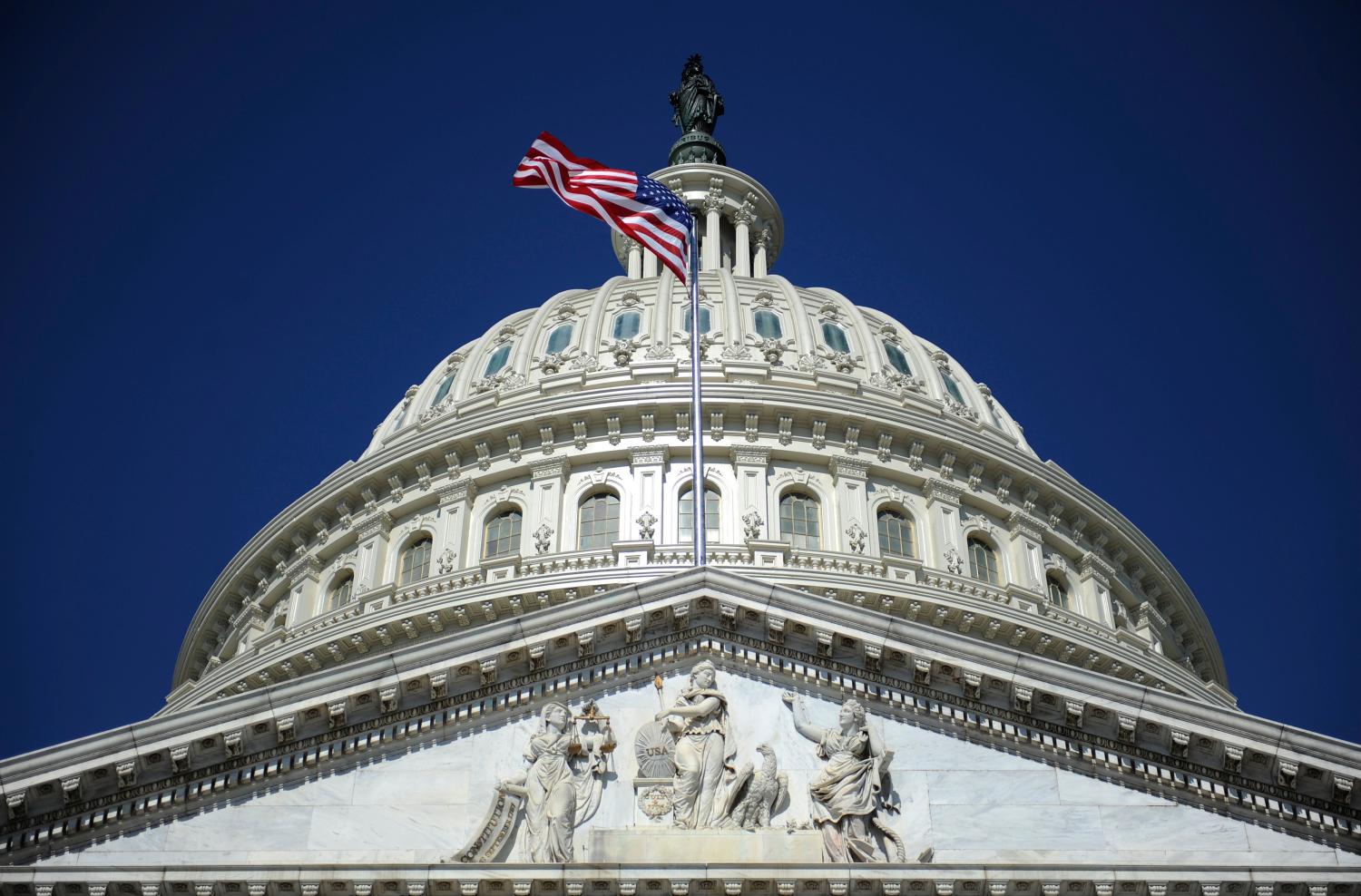
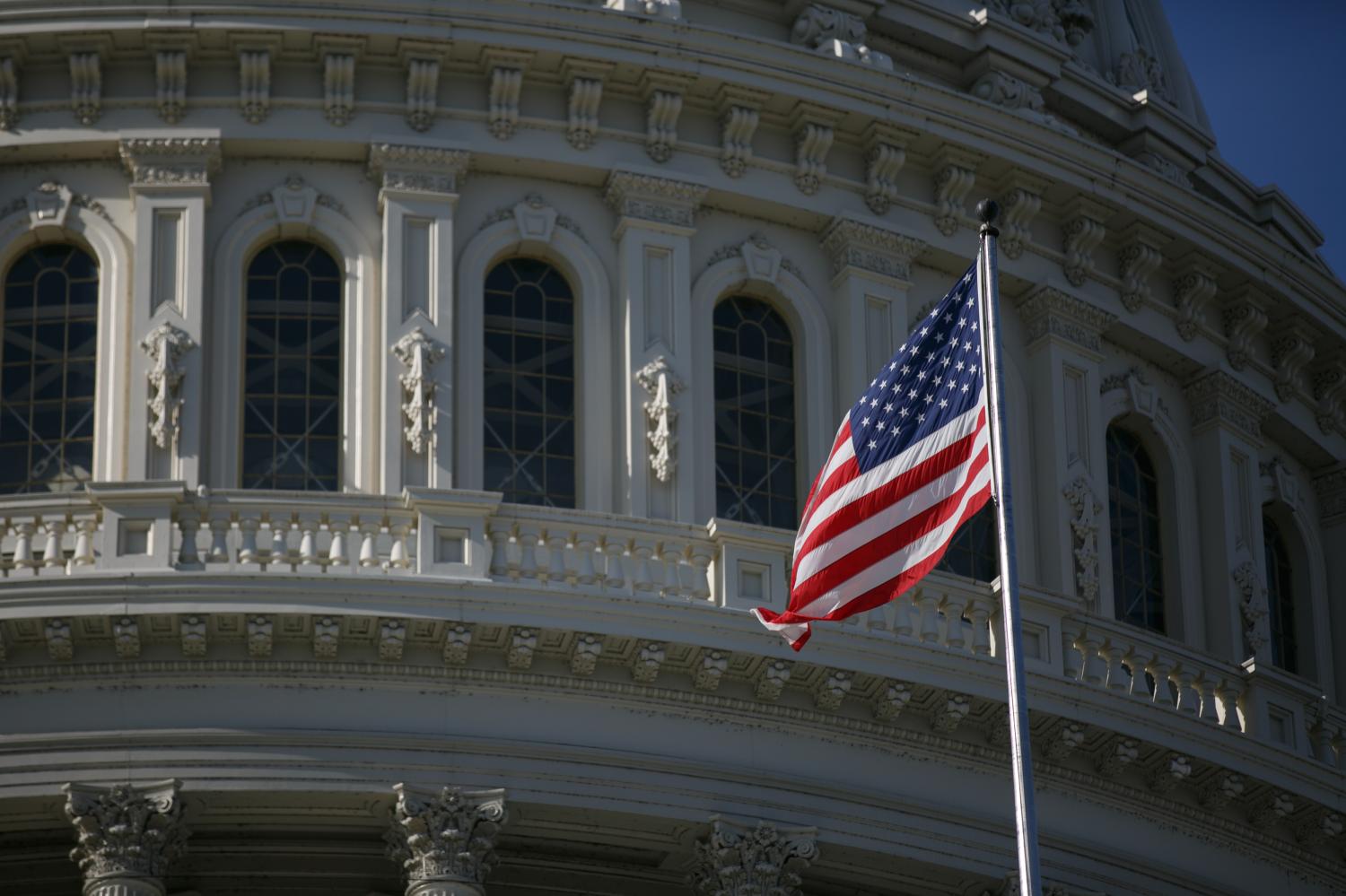
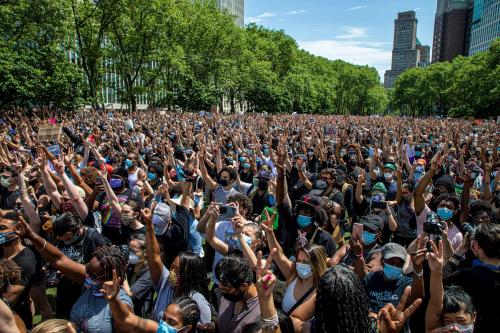
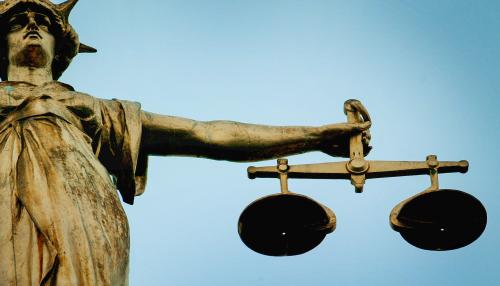
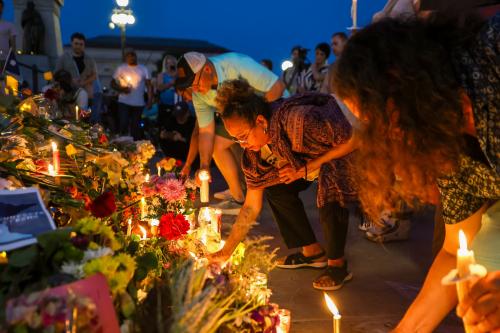


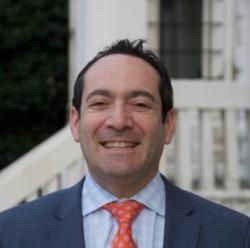



Commentary
Global democracy is more resilient than you may think
October 13, 2025